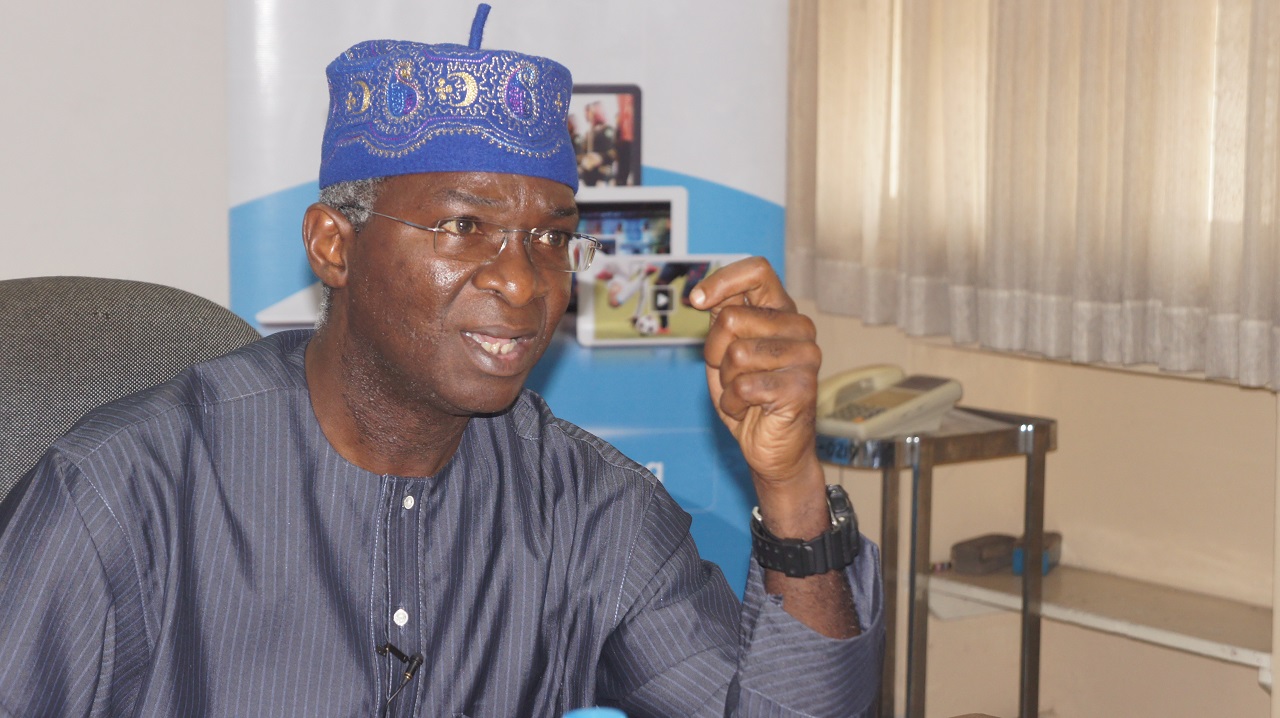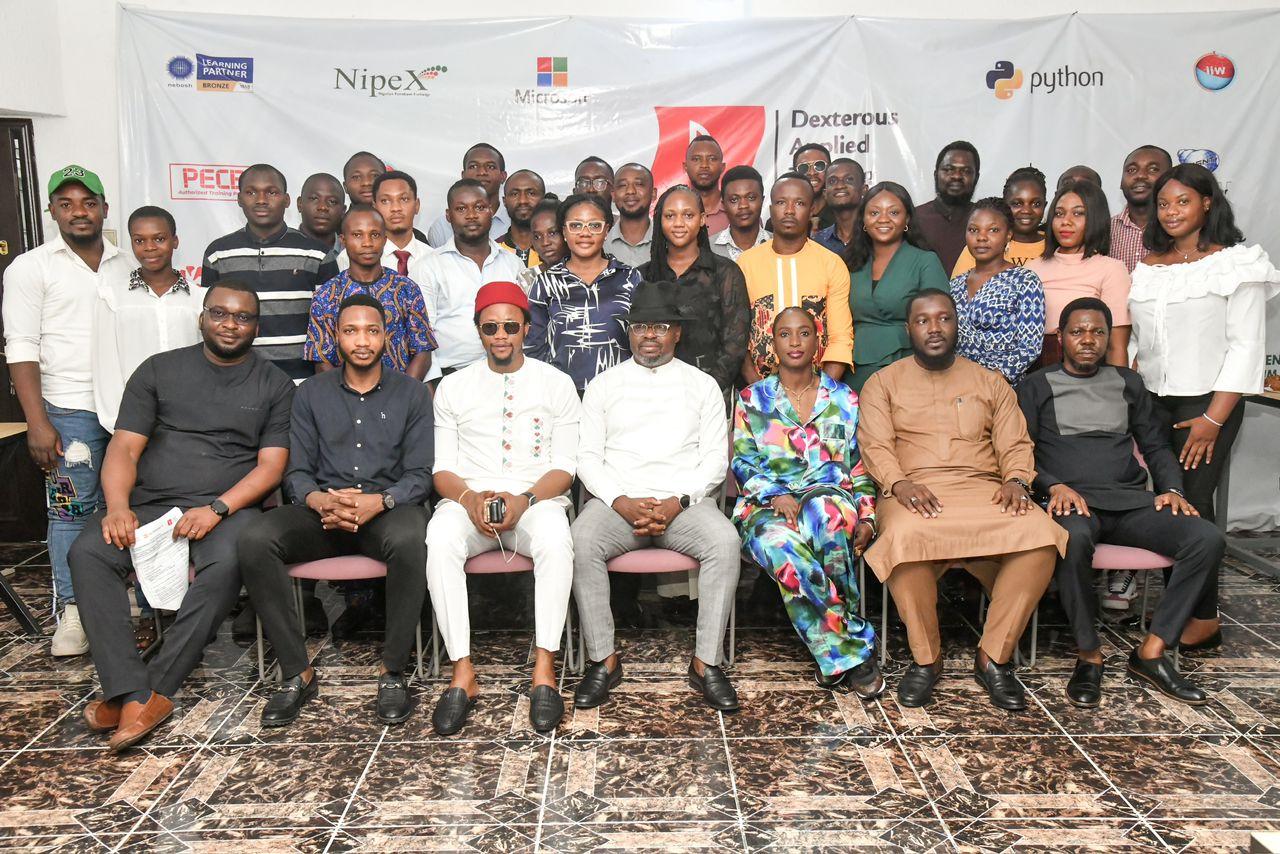More facts and figures why the former Minister of Power, Works and Housing, Mr Babatunde Fashola may be called for questioning for his headship as the substantive minister within the period under review.
Since his appointment in 2015, the national power grid had suffered uncountable collapses. This year alone and before he left office, the last count was seven collapses.
It is important to situate that following the unbundling of the power sector in 2013 into three segments including generation, transmission and distribution, the transmission arm which manages the national grid under the Transmission Company of Nigeria (TCN) is exclusively under the ministry.
In May, the same month Fashola left office, the power grid experienced what the Managing Director of TCN, Mr Usman Mohammed, described as the worst system instability since he assumed office.
At privatisation, whereas the investors who took over the six generation companies and 11 distribution companies that emerged after the unbundling of the Power Holding Company of Nigeria are still grappling with the old problems in the sector.
The sector is plagued with problems of gas supply shortages, limited distribution networks, limited transmission line capacity, huge metering gap, electricity theft, and high technical and commercial losses, among others.
Investigations and records available at the Ministry showed that the national grid has continued to suffer system collapse over the years amid a lack of spinning reserve that is meant to forestall such occurrences.
Business Hilights gathered from experts that spinning reserve is the generation capacity that is online but unloaded and that can respond within 10 minutes to compensate for generation or transmission outages.
However, out of the five power stations meant to provide spinning reserves, none has any actual reserve, with the contracted reserve put at 295MW. The power stations are Egbin, Delta, Olorunsogo NIPP, Geregu NIPP and Omotosho NIPP.
The nation generates most of its electricity from gas-fired power plants, while output from hydropower plants makes up about 30 per cent of the total.









